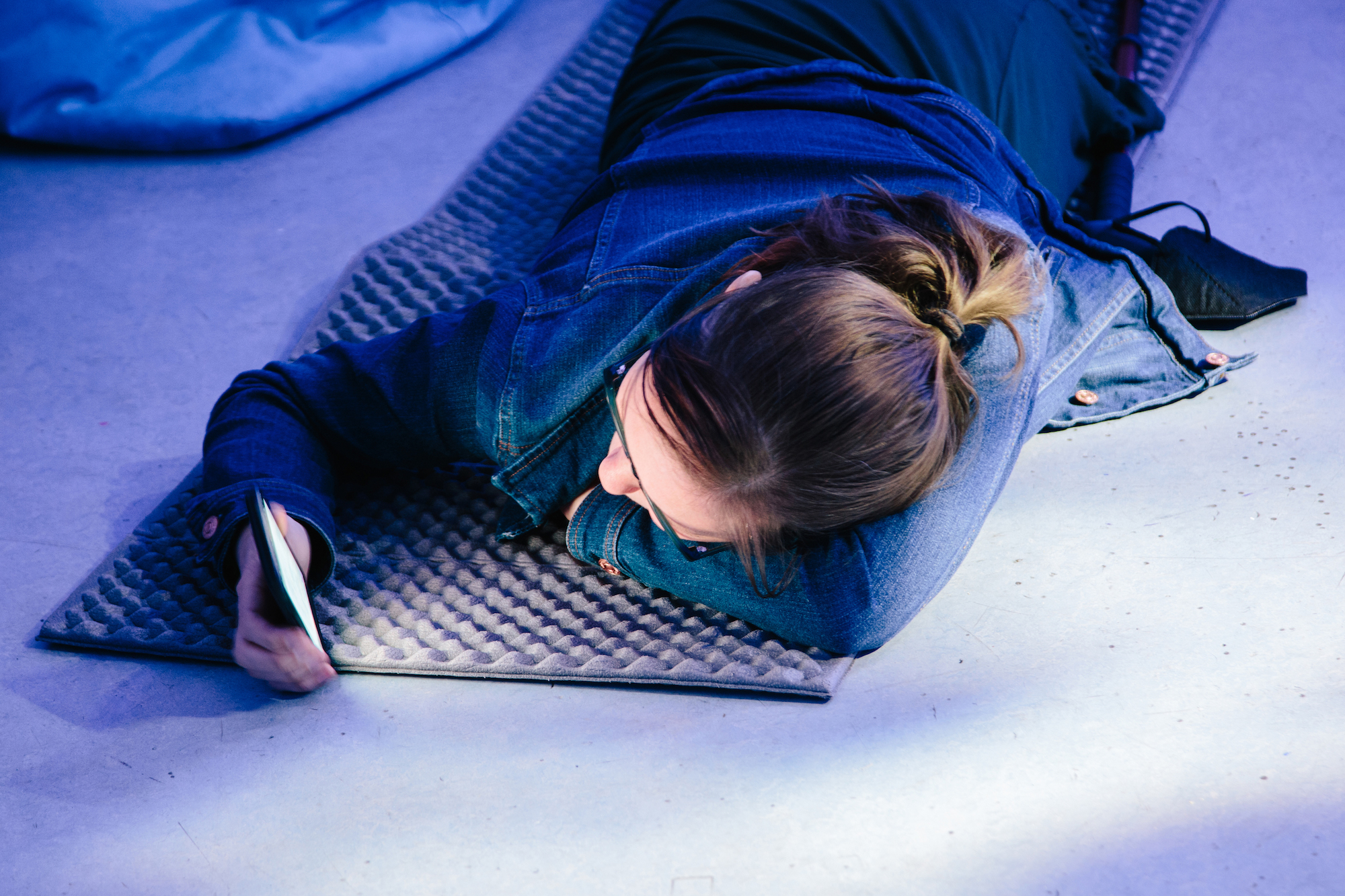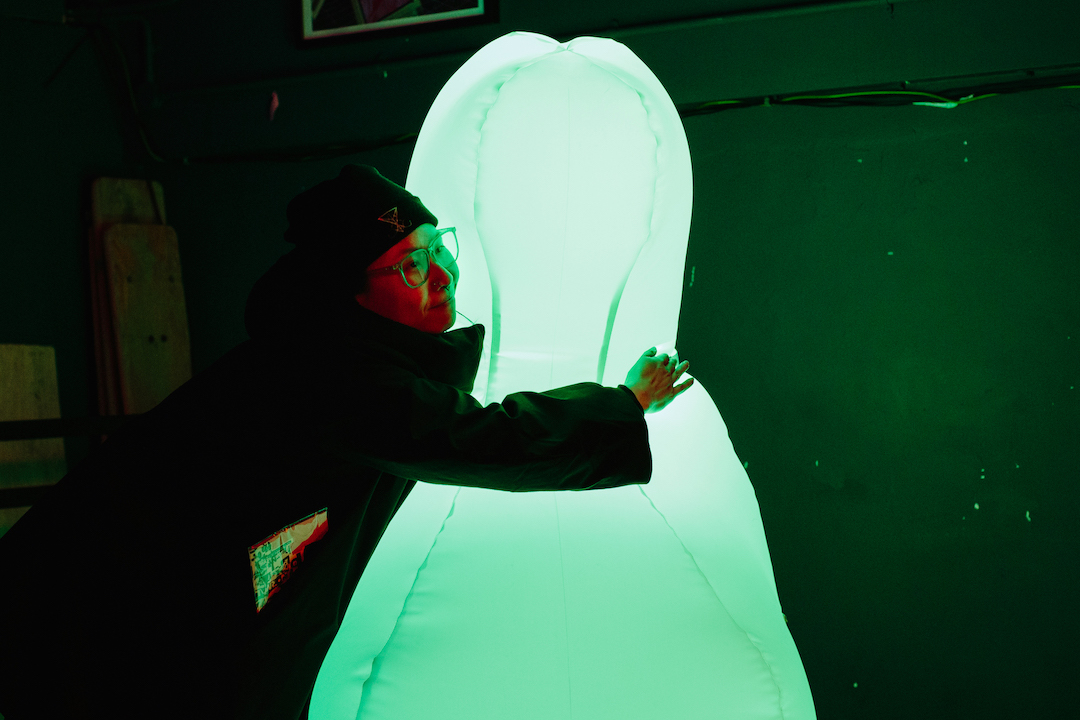Queer Futures With Creative Technologies
How can we develop creative practices that bring queerness to the forefront of re-inventing approaches to technology?
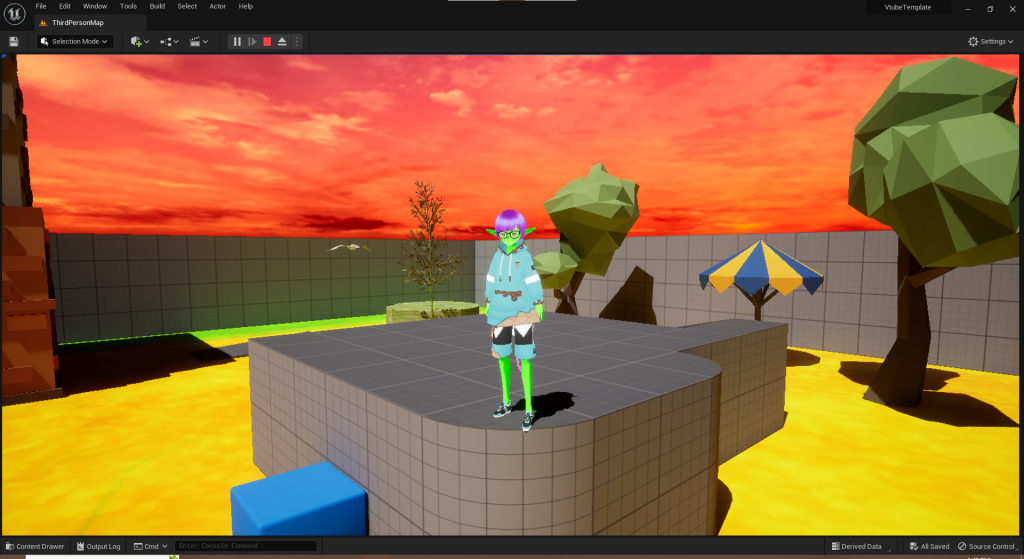
In 2023, we (Control Shift) worked with University of Bristol researchers, taking the role of mentors / consultants to support a programme exploring queer practices and creative technologies. Katy Dadacz and Dr Francesco Bentivegna from Centre for Creative Technologies at UoB led the programme. Collaborating with Harriet Horobin-Worley, from Queer Tech and us as mentors they convened Bristol’s queer community and allies for two days of workshops and discussions.
The programme took place at the Wickham Theatre and was funded by University of Bristol, IAA fund and the Centre for Creative Technologies. Those who joined ranged from PhD students, early career researchers, lecturers from the Faculty of Arts, Humanities, Innovation and Engineering, creative practitioners, game designers, artists and Pervasive Media Studio residents.
We advised around the shape of the programme, how to create inclusive workshops, brokered relationships with artists and contributed ideas to the future planning and development of community building and ongoing work.
We are so pleased to have supported this programme and we are excited to see how this important conversation develops. Keep an eye on the Centre for Creative Technologies blog page for an upcoming video essay and value statements using queer pedagogical practices. We are thrilled to hear that Katy and Francesco have successfully raised more University funds for a year-long project, exploring queering AI, following on from the programme’s success.
Since then, Harriet Horobin-Worley and Katy Dadacz have created a brilliant zine based on the event, ‘Queer Experiments with Technologies’ – read below!
The blog below is based on Katy’s blog about the event:
After heading to the Trans Pride South West march in the morning, the programme kicked off at Wickham Theatre with Bristol-based creative software engineer Harriet Horobin-Worley.
Artist, Harriet Horobin-Worley, led an exploration in how networks are built and what alternative forms of networks could exist. We began by thinking about the networks that brought us to the event (ticketing apps, people who shared the event…).Then, we considered what other networks we are in – both online (Whatsapp groups, Slack, telegram channels…) and offline (hiking groups, activist circles, queer book clubs…). What do these structures allow for in terms of communication, desire, accessibility and social relations? What alternative forms of networks could exist?
Harriet then guided us through how we could use radio to imagine a future network; a radio built, owned, operated and used by queer people. Together we audio-recorded conversations which could be added to this radio. We answered questions like:
What are your memories of listening to the radio? If you could broadcast anything on the radio, what would you like to broadcast? What would the perfect communications network look like to you? Who would build it, what would it look like?
Harriet is working on an art project in which these queer recordings will be used for a ‘radio hotline,’ where people can call in and listen if they feel lonely or want to feel closer to a queer community.
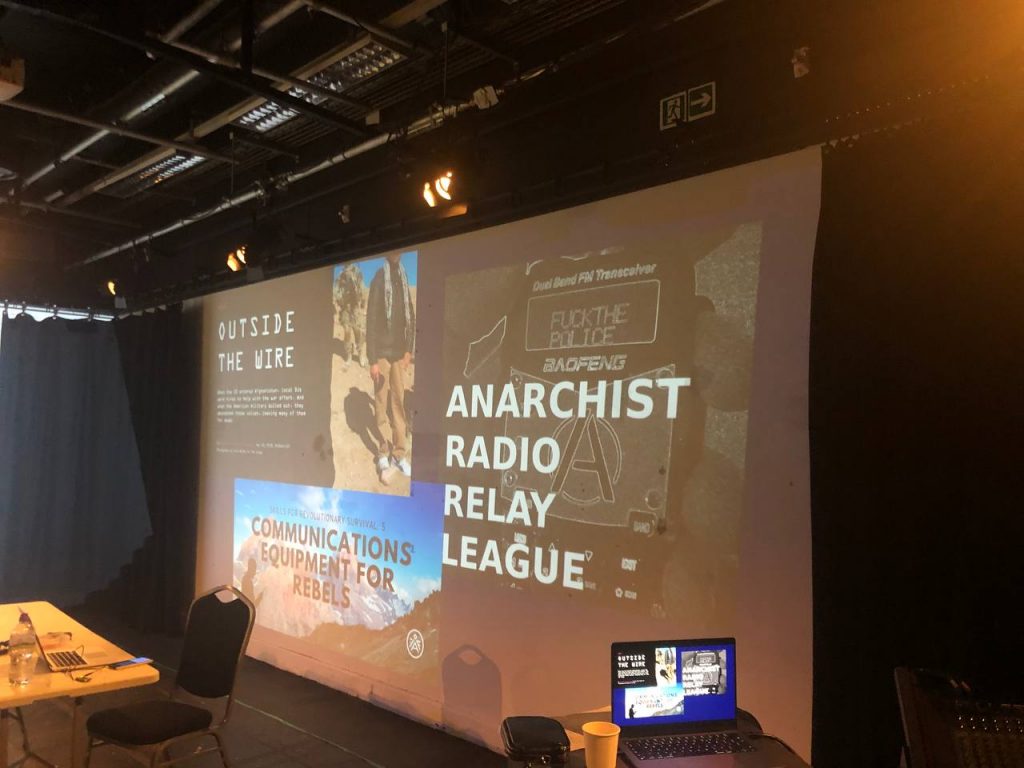
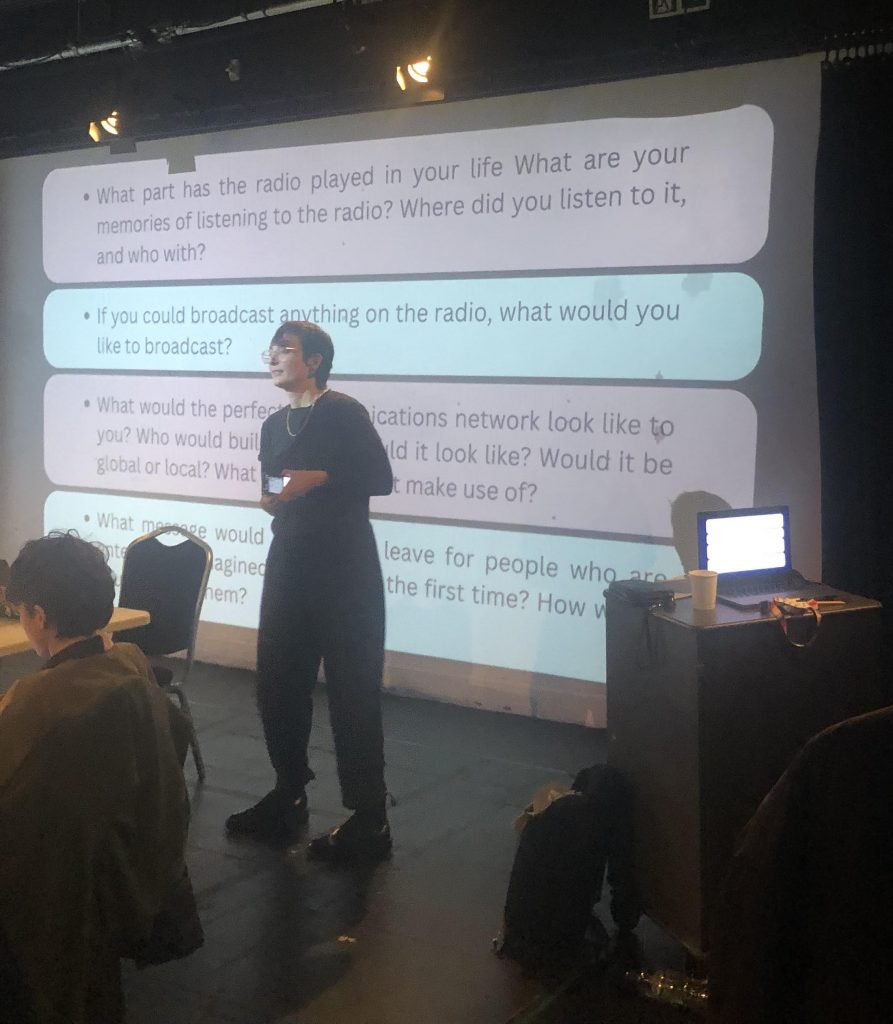
After Harriet’s workshop, MELT (Ren Loren Britton & Iz Paehr) led an exploration on ‘queering’ the methods of workshops when thinking with digital practice.They began with a performance piece on bad workshop practices. The chaotic performance involved the facilitators not introducing themselves and reading off lots of text on the wall, drowned out by loud music and lights switching on/off. This sparked discussion around what happens when access needs are ignored and there is no time to set the context of a space.
Inspired by this, we imagined new collective ways of being together and practices of description and access. We explored the physical materials/space around us too, including objects from our bags and how they are connected.
The next day began with Yudi Wu’s workshop on VTubers (virtual YouTubers) and queerness. How can we create connections between the material and virtual with queer sociality in mind? We began by designing what our online avatars would be based on short descriptions of each other. Yudi then gave us a crash-course in creating avatars and environments in Unity, while considering how virtual spaces free us of the limitations of our human body or the laws of physics.
We then thought about what is missing in our own queer communities, and what a queer virtual activist could do to help. We ended up imagining a queer alien elder which we named ‘Genuine,’ living in a world technologically improved for queer needs. We began mapping out this world, which included a cat cafe, a soft play area, hills and hiking trails, talking animals, free translation AI, a terrace for collective dreaming and a social introducing robot.

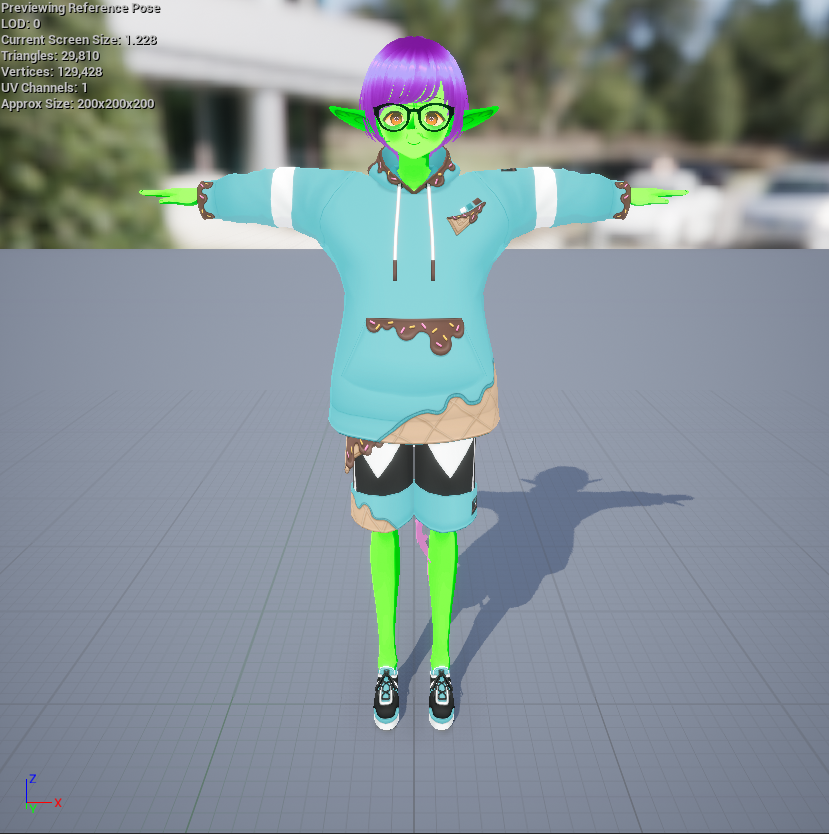
After thoughtful speculative imaginings with Harriet, MELT and Yudi, we closed the programme with an open forum where we reflected on questions like: ‘How can we develop creative practices that bring queerness to the forefront of re-inventing approaches to technology?’
We reflected on the importance of framing, and connecting workshop spaces to community organising (which is why we kicked off the programme by going to the trans pride march). We considered what will serve queer people, what will exploit us, and how we can uphold consent-based practice. We explored the importance of giving agency to queer people to make things together, and to build a capacity for imaging and doing, emphasising that learning goes both ways and should avoid hierarchy.
